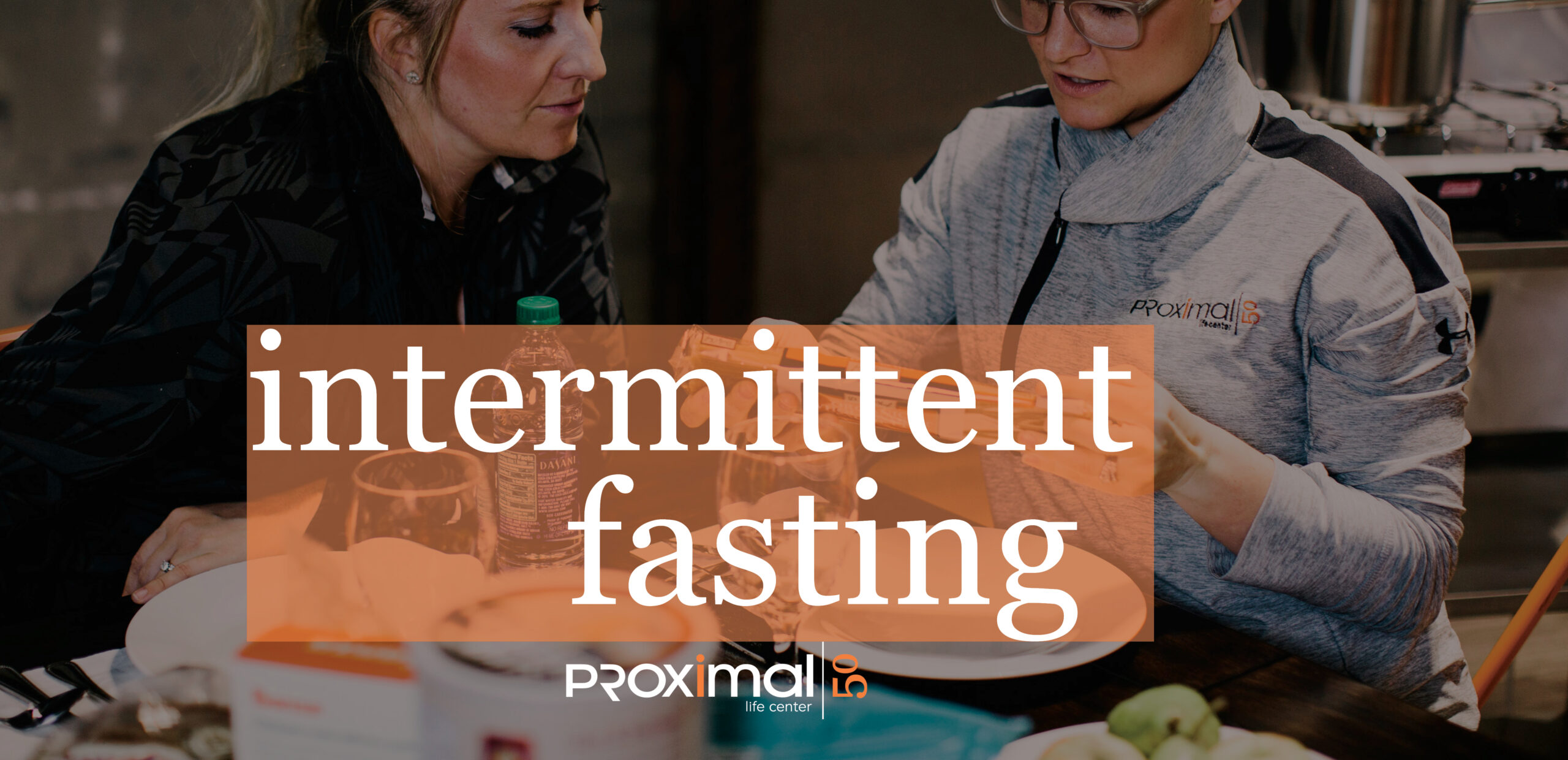Intermittent Fasting FYI
Intermittent Fasting
Vanessa Lennick, Registered Dietitian
When you think of intermittent fasting (IF) you may think of it at a fad diet. But it’s more of a recommended eating pattern that involves cycling between periods of eating and fasting for blocks of time.
The most popular intermittent fasting patterns I have seen is the 16/8 method – you fast for 16 hours and eat during an 8 hour window. Other options include 5/2 method, you fast for 2 days per week.
Fasting or restricting your eating will cause you to cut calories and is one reason people see results with this eating pattern. But you need to also be aware that it could also cause you to gain weight because when you do eat, you overeat.
Pros & Cons to Intermittent Fasting
Pro: There’s no restricting entire food groups allowing you to eat well rounded good quality options.
Con: There is not necessarily a focus on food quality and nutritional needs.
Pro: Intermittent fasting provides a routine to eating and that will help you build habits and make food a priority.
Con: Any type of intended or unintended fasting or skipping meals may increase hunger levels causing poor food choices and overeating. If not done correctly your mood and hormone levels can be negatively impacted.
Takeaways
- If you are going to try intermittent fasting focus on quality – eating real food from all food groups when you do eat.
- With intermittent fasting make sure you are eating to fuel your body. Keeping in mind that sometimes food nourishes us in more than one way and if too restrictive you’ll start to resent what started as a good thing.
- If you are someone that needs to make food priority during the day to increase your intake during the day this may benefit to you.
- Intermittent fasting helps provide structure and routine and for some that is helpful.
- If you have diabetes, are pregnant, or have thyroid problems consult with your Doctor and Dietitian.
- Some research has suggested, IF is not recommended for women as it may disrupt certain hormones.
Best practice: Intermittent Fast in moderation and stick to shorter periods of fasting.
Everyone needs to find what works for them not what works for others. Intermittent fasting is not the substitute for a well-rounded good quality intake.
My personal go-to motto has a catchy hashtag to go with it: #eatmorebetween10and4 with good quality and macronutrient balance in mind. We aren’t necessarily restricting or fasting outside 10:00am and 4:00pm, but instead making food a priority during the day so, you fill up on quality food first.


